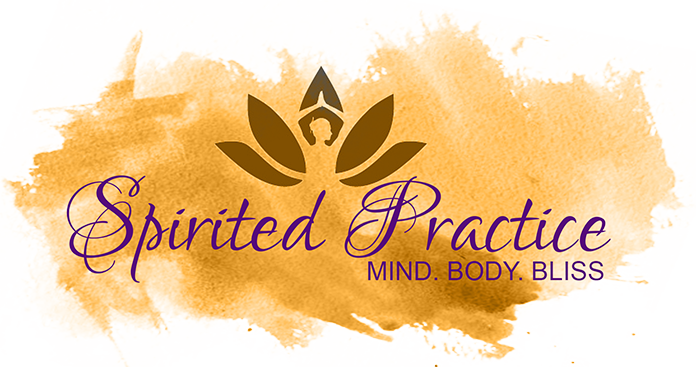If you’re experiencing tension or conflict in your household during self-isolation, you’re not alone. The uncertainty, inactivity, close quarters, and the stress of figuring out new routines can test the ability of even the most relaxed people to keep their cool. Luckily, Spirited Practice offers these practical ways you can alleviate tension and promote calmness in your household, no matter what your situation.
Create a new routine
When the lines between work and relaxation start to blur, it’s time to draw new lines. Even if your normal work/life routine is long-gone, you can create a new one. Try to go to bed and wake up around the same time each day. Eat at regular times, and do your best to make nutritious food choices. Although it can be tough to stick to an exercise routine without going to classes or the gym, there are still fun ways to stay active at home. These consistencies can be calming for both your own mind and the people around you.
While a routine does help the wheels of a household run smoothly, don’t impose one on others if they show resistance. Give everyone a wide berth and the benefit of the doubt. When you’re cooped up together, everyone will have moments when they’re not at their best. It may take time to establish new routines within your household, be patient.
Practice good hygiene
As tempting as it is to stay in your pajamas all day, make the effort to bathe and get dressed daily. Showers and baths do more than clean your body, they’re also mentally refreshing. Try dressing up in fun colors or going-out clothes on the weekends. The clothing you wear can impact your mood and even the way you think. Taking care of yourself in these small ways can make a big difference in how you feel.
If anyone in your household is struggling with hygiene during self-isolation, resist the temptation to criticize or shame them into showering or getting dressed. Instead, lead by example. If this doesn’t work, be sensitive and gentle when you do address it with them. If you have young kids, getting them dressed daily (even if you’re not going out) can help maintain a sense of normalcy and positivity.
Find the humor
Laughter is one of the best ways to release tension and connect with people, especially during a crisis. No matter how much stress you’re under, try to bring some lightness and humor to each day. This can be anything from cat videos to stand-up specials to goofy board games to your favorite 90s comedies to making your own fun. If you have pets, playing with them is another great way to lighten the mood, and dogs are particularly good at reading human emotions.
Clear your space
A cramped or cluttered house can magnify any feelings of cabin fever. Consider cleaning, re-arranging, or clearing out part of your home each day. Even small changes can add up to have a big impact. The practice of feng shui has gained popularity for good reason, as it’s a great way to encourage positive energy flow in your home. If it’s warm enough outside, open the doors or windows to create a sense of more space. Aromatherapy and oil diffusers are another way to freshen things up.
In self-isolation, it’s important for everyone to feel that they still have a sense of privacy. If possible, try to find everyone a retreat space where they can unwind. This should be different from your workspace. If you have children, help them identify a place where they can go for some alone time if they feel stressed – such as a cozy fort with pillows, blankets, tents, beanbags, or cushions. This set-up wouldn’t be so bad for adults, either.
No two households are exactly the same, and we all deal with the stress of self-isolation differently, but there are several practices that can benefit anyone. Some structure, laughter, space for yourself, and comfort can all combine to help ease the tension. When you use these healthy ways of coping, you’re more likely to find happiness and calmness, even while in self-isolation.
If you’re finding it difficult to achieve peace and harmony on a personal level, it may be time to work with Jacqueline Morasco of Spirited Practice. Through mentoring with energy work, yoga therapy, and more, Jacqueline Morasco can help you find inner peace through self-care practices. Reach out today for your complimentary Clarity Call.
Kent Elliot is a retired architect with a passion for dogs, DIY, and universal design. After a stroke left him with mobility issues, he thought he would need to move out of his home and into an assisted living community. But, using his experience as an architect and with a little creativity, he was able to successfully remodel his family home instead. He created AtHomeAging.info to share what he’s learned.


